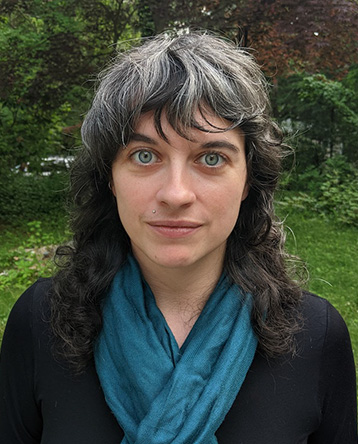Carrie McDonough
Assistant Professor, Chemistry
Assistant Professor, Chemistry

The McDonough Lab investigates organic pollutants, how they are transformed and transported through the environment from point of origin, where they end up, and their potential impacts on water quality, environmental quality, and human and ecosystem health. They use high-resolution mass spectrometry (HRMS), ion mobility, and other advanced analytical strategies to expand detection and deepen understanding of impacts of organic contaminants that are undiscovered and/or overlooked. Much of their work investigates the identification and prioritization of synthetic organics based on propensity to be available to and accumulative in living things. This requires an understanding of how complex, exposure-relevant mixtures of pollutants interact with and are transformed by biological systems. They develop and evaluate materials that are selective for bioavailable and bioaccumulative chemicals in complex environments to decrease reliance on use of living organisms in risk assessment research. They use their expertise in environmental analytical chemistry and nontarget analysis to develop workflows to assess the environmental and public health risks of novel contaminants and to learn about how environmental processes and novel remediation techniques impact environmentally-relevant mixtures. Their work emphasizes the importance of evaluating not only toxicity, but also bioavailability, bioaccumulation, and biological transformation in environmental risk assessment.
2017–2019 Postdoctoral Fellow, Colorado School of Mines
2017 Ph.D. in Chemical Oceanography, University of Rhode Island Graduate School of Oceanography
2008 B.Sc. in Chemistry, Massachusetts Institute of Technology